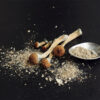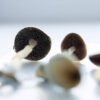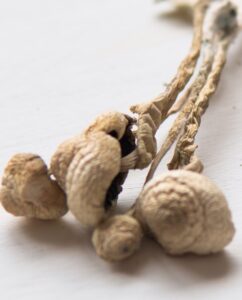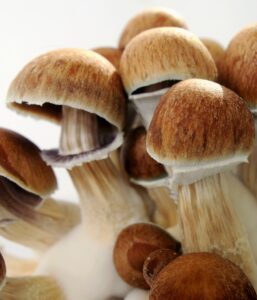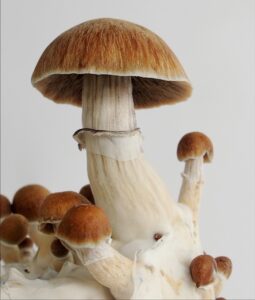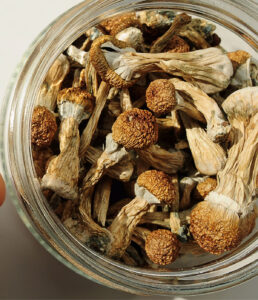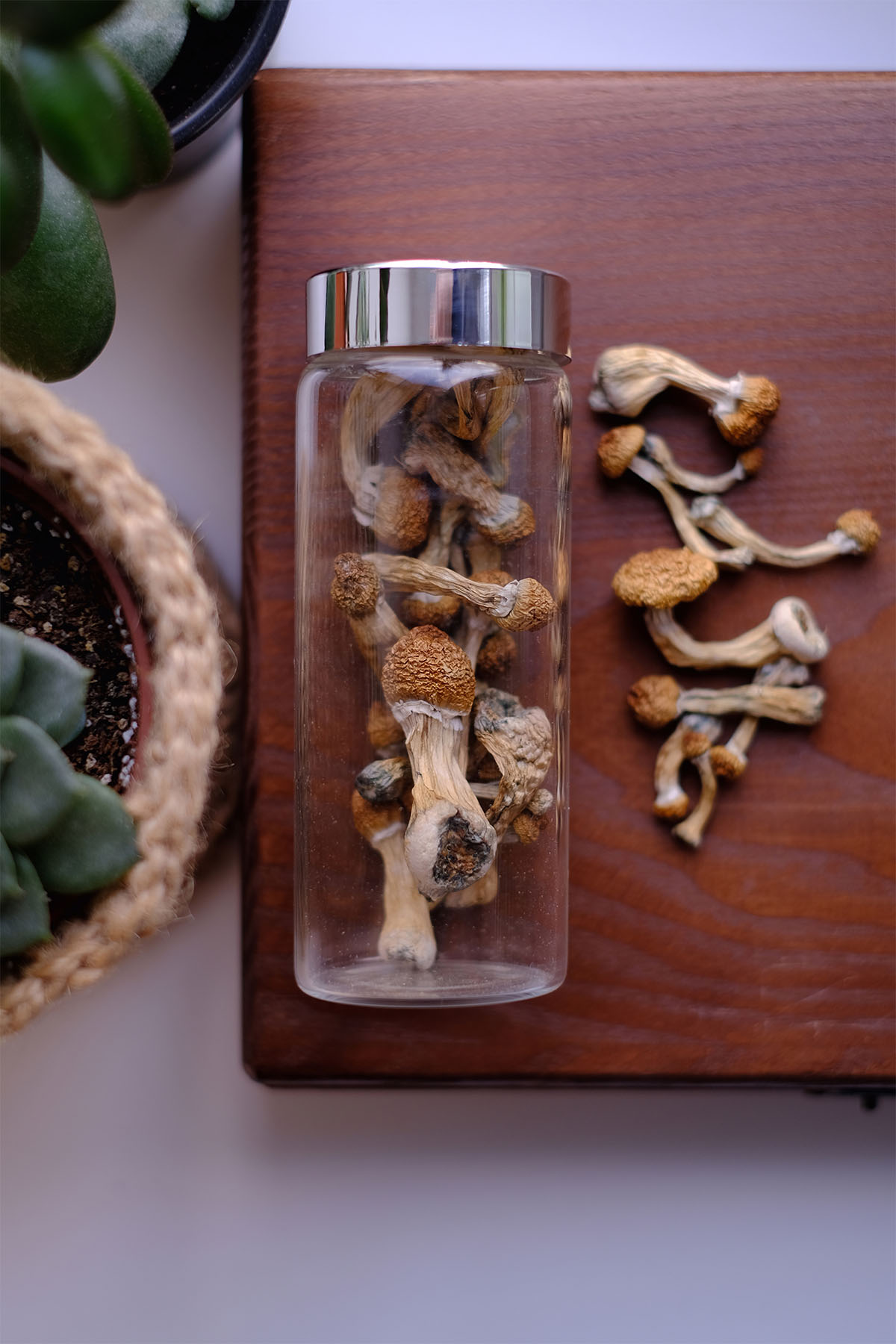
Summary of research article by Earleywine et al., published in the Journal of Psychoactive Drugs, on March 23, 2022.
The present paper investigates the significance of a guide’s personal experience with psilocybin in the context of psilocybin-assisted therapy for depression. While psilocybin has demonstrated efficacy in alleviating depressive symptoms in several clinical trials, the role of the guide and their first-hand experience with the substance remains unclear. This study aims to assess whether a guide’s personal experience with psilocybin influences the therapeutic outcomes of patients undergoing this treatment modality.
Psilocybin-assisted therapy has emerged as a promising treatment for various mental health conditions, particularly depression. It typically involves a patient ingesting a controlled dose of the psychedelic substance psilocybin under the supervision of a trained guide. The guide’s primary role is to provide support and ensure the patient’s safety during the psychedelic experience. However, the relationship between the guide’s personal experience with psilocybin and the therapy’s success has not been thoroughly explored.
The authors conducted a randomized controlled trial involving patients diagnosed with major depressive disorder (MDD) who were assigned to either a guide with personal psilocybin experience (experimental group) or a guide without such experience (control group). The guides in both groups received identical training and support. The primary outcome measure was the change in depressive symptoms, as measured by the Hamilton Depression Rating Scale (HDRS) at various time points, including baseline, one week, and three months post-treatment.
The results of the study demonstrated no statistically significant difference in the reduction of depressive symptoms between the experimental and control groups at any of the measured time points. Both groups showed a significant decrease in HDRS scores, with large effect sizes at one week and three months post-treatment, indicating that psilocybin-assisted therapy was effective in reducing depressive symptoms regardless of the guide’s personal experience with the substance. Furthermore, there were no significant differences in the incidence of adverse events or the need for additional support between the two groups.
The findings suggest that a guide’s personal experience with psilocybin does not have a substantial impact on the therapeutic outcomes of psilocybin-assisted therapy for depression. This implies that the essential components of this treatment modality are likely to be the therapeutic relationship, the support provided during the psychedelic experience, and the integration of the experience into the patient’s life. Consequently, a guide’s personal experience with psilocybin may not be a crucial factor in determining the success of this therapy.
However, the authors acknowledge several limitations of the study. The sample size was relatively small, and the study did not examine the potential influence of other factors, such as the guide’s level of empathy or their ability to establish rapport with the patient. Additionally, the study did not evaluate the subjective experiences of the patients or the guides, which could potentially shed light on the therapeutic process.
In conclusion, the current study provides evidence that a guide’s personal experience with psilocybin does not significantly affect the therapeutic outcomes of psilocybin-assisted therapy for depression. The findings emphasize the importance of a strong therapeutic relationship and the provision of support during the psychedelic experience. Future research should explore other factors that may contribute to the success of this innovative treatment approach, as well as the subjective experiences of both patients and guides.

